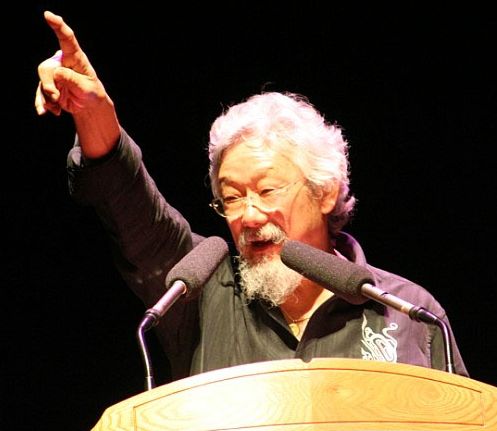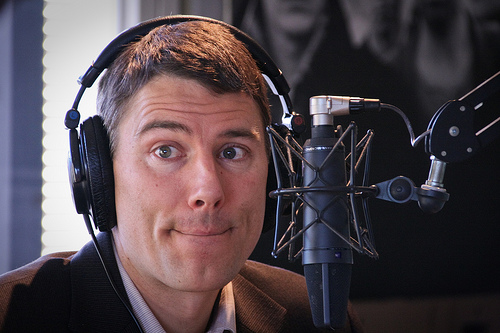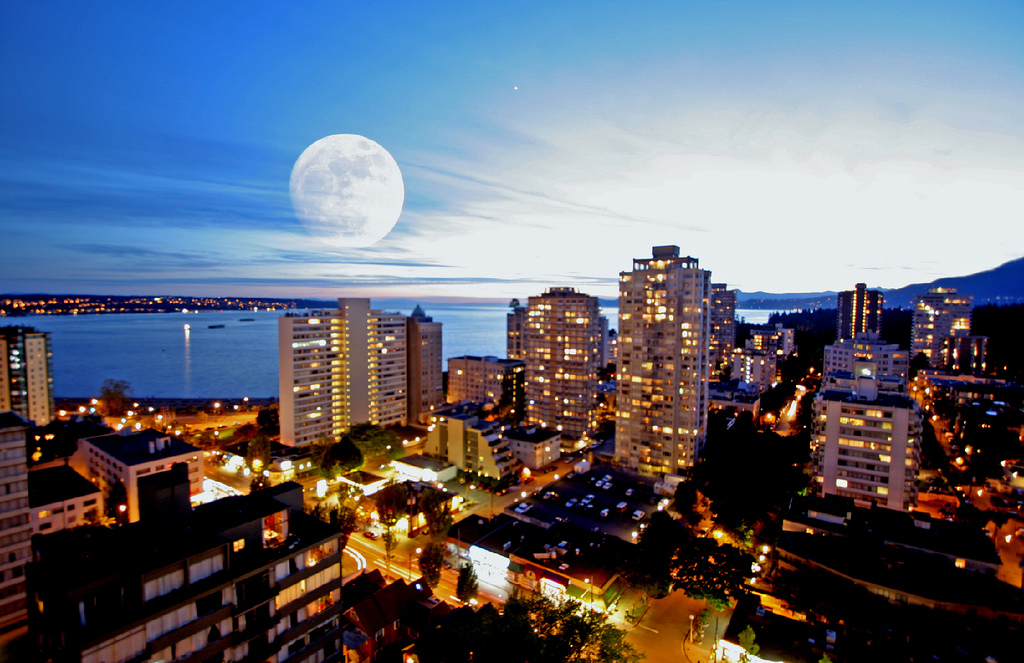Olympics
-
Vancouver’s Olympic village aims for green, runs into problems
Vancouver’s vision for its Olympic village looks dazzling from afar, like the city itself. Up close the details get hairier.Photo: ecstaticistThe city of Vancouver, British Columbia, has a lot to brag about. It’s got an enviable location, wedged between the Strait of Georgia and the snow-capped Coast Mountains. It’s a perennial winner of “most livable […]
-
Canadian eco-rap and other youth offerings in Vancouver
When Premier of British Columbia Gordon Campbell asked delegates at the World Conference on Sport and the Environment whether they had flown to the Vancouver event on Monday, hundreds of hands shot up. If any of them saw the irony of reaching an environmental conference through the carbon-intensive method of jet travel, they didn’t let […]
-
Enlisting sports fans in the green movement begins by understanding them
Near the end of the World Conference on Sport and the Environment in Vancouver yesterday, Kim Smither of marketing firm Octagon Worldwide displayed a series of photos of screaming, face-painted sports fans. “Imagine the power you’d have if you could harness this,” she said. Talk of “harnessing” the passion of sports showed up everywhere at […]
-
Canadian activist warns warming could cripple winter sports
Vancouverite David Suzuki and his namesake foundation surface in the U.S. news from time to time, typically through climate initiatives and ocean conservation initiatives such as its estimate of the carbon impact of the 2010 Winter Olympics. But for our Northern neighbors, the 73-year-old Suzuki is a household name. He’s become the Canada’s preeminent environmental […]
-
A roundup of notable speeches from the Sport and Environment Conference
The big news of day one at the World Conference on Sport and the Environment in Vancouver, British Columbia, was the unveiling of a carbon neutrality plan for the 2010 Olympics. The rest of the day’s events were a lot like the offset plan: solid at their core and short on details. During a keynote […]
-
Vancouver Olympics Committee shopping carbon offset plan
The Vancouver Organizing Committee (VANOC) wants make the 2010 Winter Games carbon neutral, but the plan it released Monday counts on help from the private sector to make it happen. At the World Conference on Sport and the Environment, VANOC announced a plan to neutralize 300,000 tons of carbon dioxide, mostly through renewable energy and […]
-
Vancouver showcases preparations for 2010 Winter Olympics
For the next two days I’ll be reporting from Vancouver, British Columbia, where it’s hard to walk two blocks without running into a construction project related to the 2010 Olympic and Paralympic Winter Games. Eleven months from the opening ceremonies, Olympics buzz is fairly palpable, with games-related ads on the airwaves, heaps of Olympics gear […]
-
Canadian athletes urge Olympic committee to fulfill eco-promises
Canadian Olympic skier Sara Renner depends on winter weather to do what she loves, but over the last 15 years, she's seen more unpredictable ski seasons and more races being canceled due to lack of snow. "I am concerned about the future of the sports we love," she says, "but also about the next generation of Canadians, who will be left to deal with even more serious climate change impacts if we don't act now."
Renner and more than 70 other Canadian athletes recently shared these concerns with the organizing committee in charge of the 2010 Olympic Games in Vancouver, B.C. The snowboarders, speed skaters, kayakers, windsurfers, hockey players, and even a unicyclist signed their names to a letter urging the Vancouver Organizing Committee (Vanoc) to fulfill their promise to make the Games carbon neutral.
The letter was sent via the David Suzuki Foundation, a science-based organization Vanoc had previously consulted for an estimate of greenhouse-gas emissions that would be produced by the Games. The foundation came up with a figure equivalent to 65,000 cars on the road for one year -- and said that nearly 70 percent of that would be due to indirect emissions from athletes, sponsors, media, and spectators flying in for the event.
Although the Olympic bid organizers have said since the beginning that they wanted to fully offset the impact of the Games -- and in fact, make it the greenest ever -- Vanoc now says they do not plan to account for that air travel. And this is the point with which the 70-some athletes take offense. Below, a snip from their letter:
-
NASA: China's pollution control efforts improved air quality during the Olympics
Over at the Atlantic, James Fallows noted a NASA study, presented at the December meeting of the American Geophysical Union, that shows that China's efforts to clean up the air pollution during the Olympics did improve air quality.
Though the reductions in air pollutants seems to be specific to the Beijing area, the report noted:
During the two months when restrictions were in place, the levels of nitrogen dioxide (NO2) -- a noxious gas resulting from fossil fuel combustion (primarily in cars, trucks, and power plants) -- plunged nearly 50 percent. Likewise, levels of carbon monoxide (CO) fell about 20 percent.
The release that accompanied the report noted that the "steep decline in certain pollutants surprised the researchers," and in all fairness, it surprised me too. My coverage of the Beijing air was decidedly pollution-heavy. Though it's hard for me to swallow that Beijing may have gotten the air-pollution measures right -- an API of 95 is bad no matter how you spin it -- I couldn't agree more with Fallows:
... it shows that corrective steps can improve even the most hopeless-seeming environmental disasters. It's worth trying to do something, rather than just hunkering down in bed and trying to take very, very shallow breaths -- my strategy in the months from April to July.
In other words, Yes We Can.NASA images below the fold:





